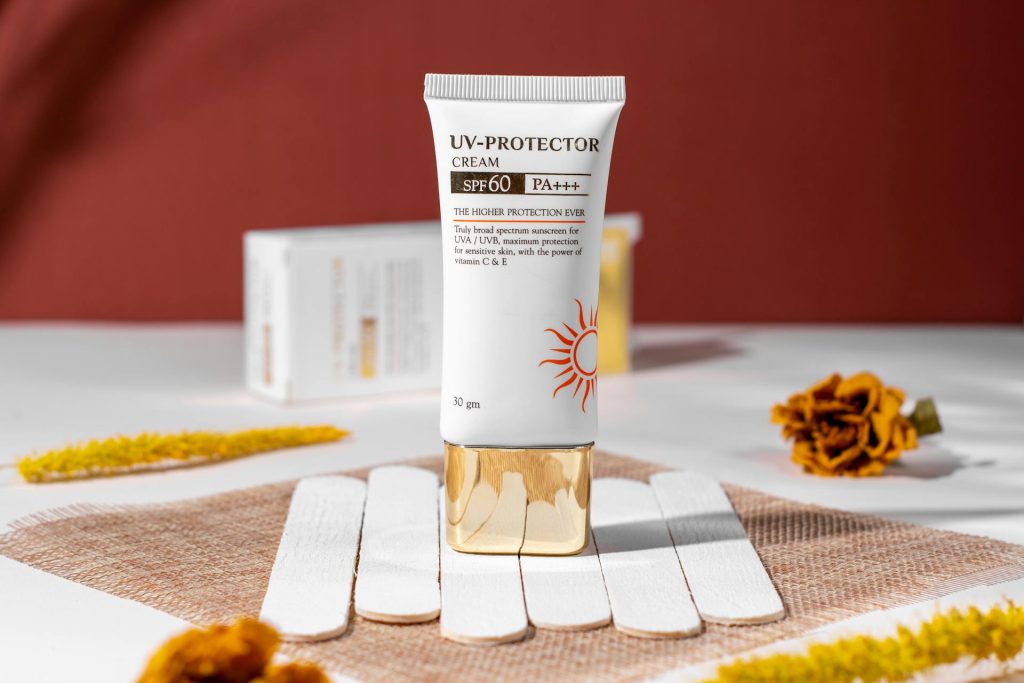
Medically Reviewed by Dr. Lee Hwee Chyen
MBBS MRCP (UK) FAMS (Dermatology)

Skin cancer, one of the most common forms of cancer globally, is primarily caused by prolonged exposure to ultraviolet (UV) radiation from the sun and artificial sources like tanning beds. Here are five effective prevention strategies that can significantly reduce your risk of developing skin cancer.
The sun’s UV radiation is the most intense and harmful during the peak hours of 10 a.m. to 4 p.m. Limiting outdoor activities during these times can substantially reduce UV exposure.
If you are outdoors during peak sun hours, seek shade whenever possible, such as under trees, umbrellas, or canopies. UV rays can reflect off surfaces like water, sand, and concrete, and can even penetrate through clouds. Seek shade even in situations where sun rays seem mild. This significantly reduces the risk of sunburn and skin damage from UV rays.
UV rays can penetrate windows in homes, cars, and offices, contributing to daily UV exposure. Installing UV-blocking window films cuts down on this exposure. These films can block up to 99% of UVA and UVB radiation without significantly affecting visibility or natural light. They are particularly beneficial for individuals who spend long hours near windows or who have sun-sensitive conditions.

Wide-brimmed hats provide substantial protection for areas commonly exposed to direct sunlight such as the face, ears, and neck. UV-blocking sunglasses protect the delicate skin around the eyes as well as the eyes themselves. Choose accessories that come with a UPF (Ultraviolet Protection Factor) rating for better protection against UV radiation.
Foods high in antioxidants, such as berries, dark chocolate, green tea, leafy greens, carrots, nuts, and seeds, can help protect the skin from damage caused by UV radiation and free radicals, which are harmful molecules that can lead to cancer. Antioxidants can also reduce oxidative stress in the skin and inhibit cellular damage from UV rays, thus protecting your skin.

Adopt the regular use of broad-spectrum sunscreen with at least SPF 30, which should be applied generously and re-applied every two hours, or more often if swimming or sweating. Wearing tightly woven, full-length clothing also enhances sun protection. Avoid artificial sources of UV light, such as tanning beds to protect your skin from UV radiation damage.
Skin cancer can appear in various forms, and its early signs might be subtle. Always consult a trusted dermatologist if you have any concerns about skin cancer.
Skin cancers can vary in appearance. They might be small, shiny, waxy, scaly, firm, red, or have irregular borders. Any new, unusual growths or changes in existing moles should prompt a consultation with a qualified dermatologist.
Melanoma is a type of skin cancer that originates in the melanocytes, the cells responsible for producing melanin, the pigment that gives skin its colour. Unlike other skin cancers, melanoma has a higher potential to spread to other parts of the body and become life-threatening if not detected and treated early.